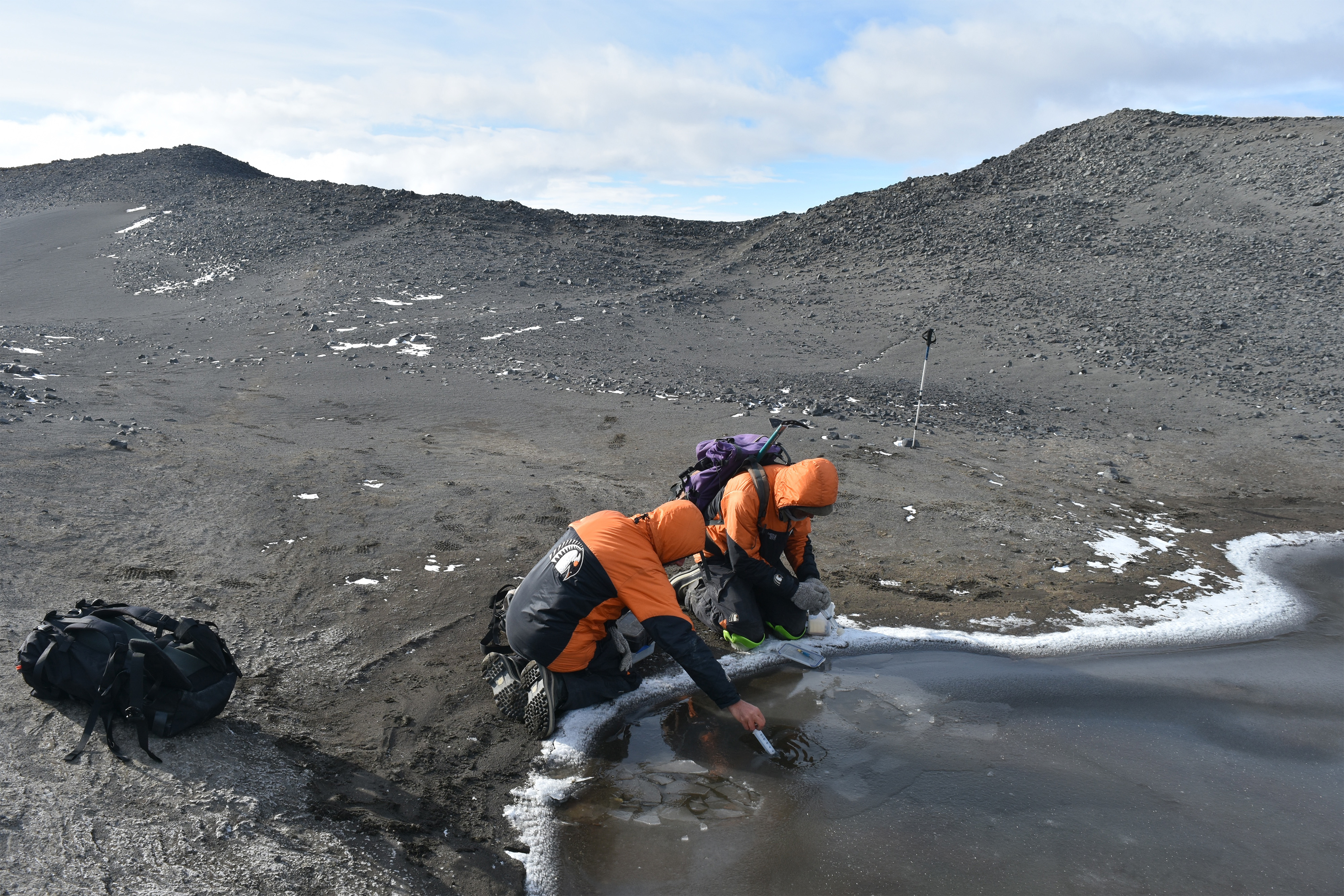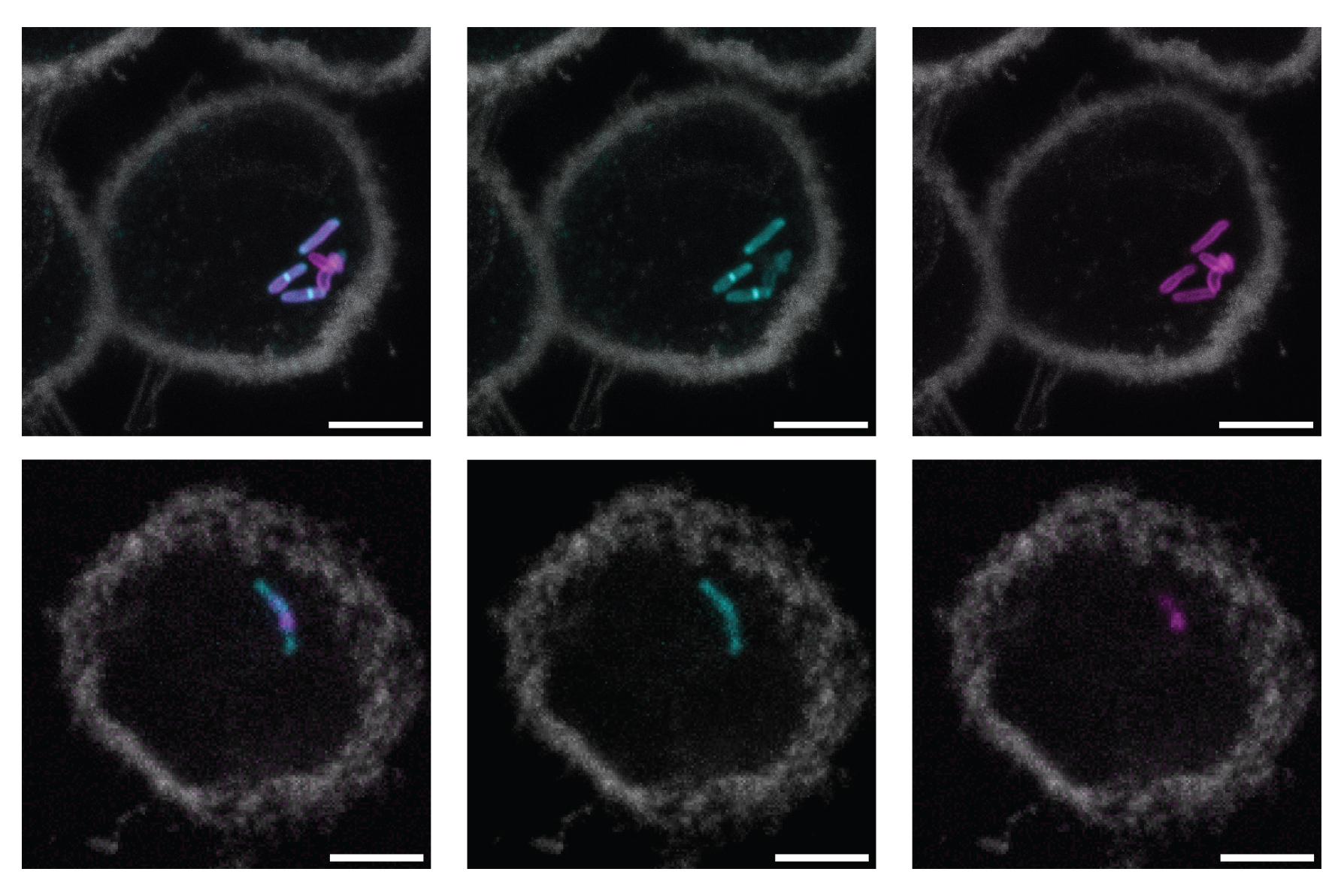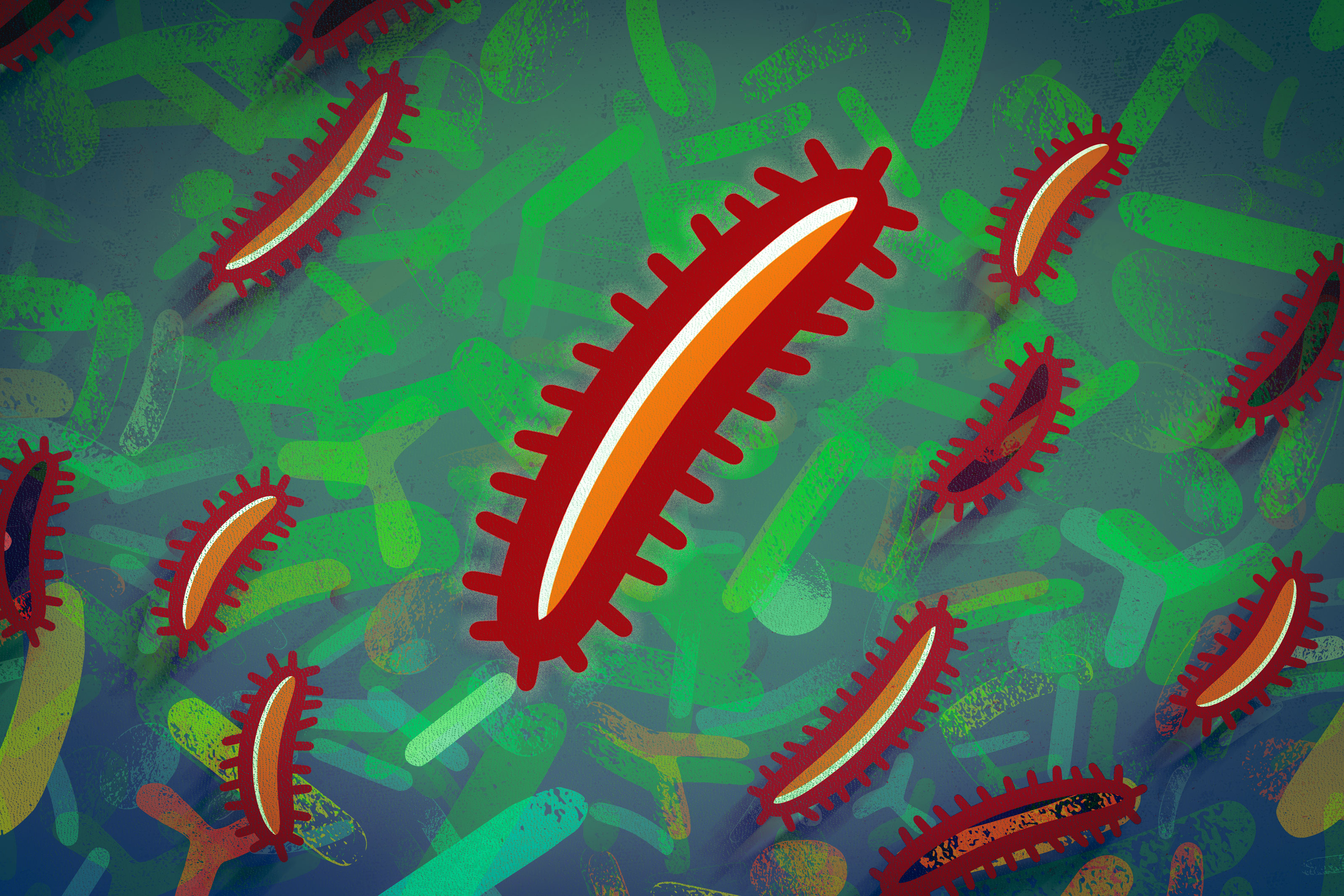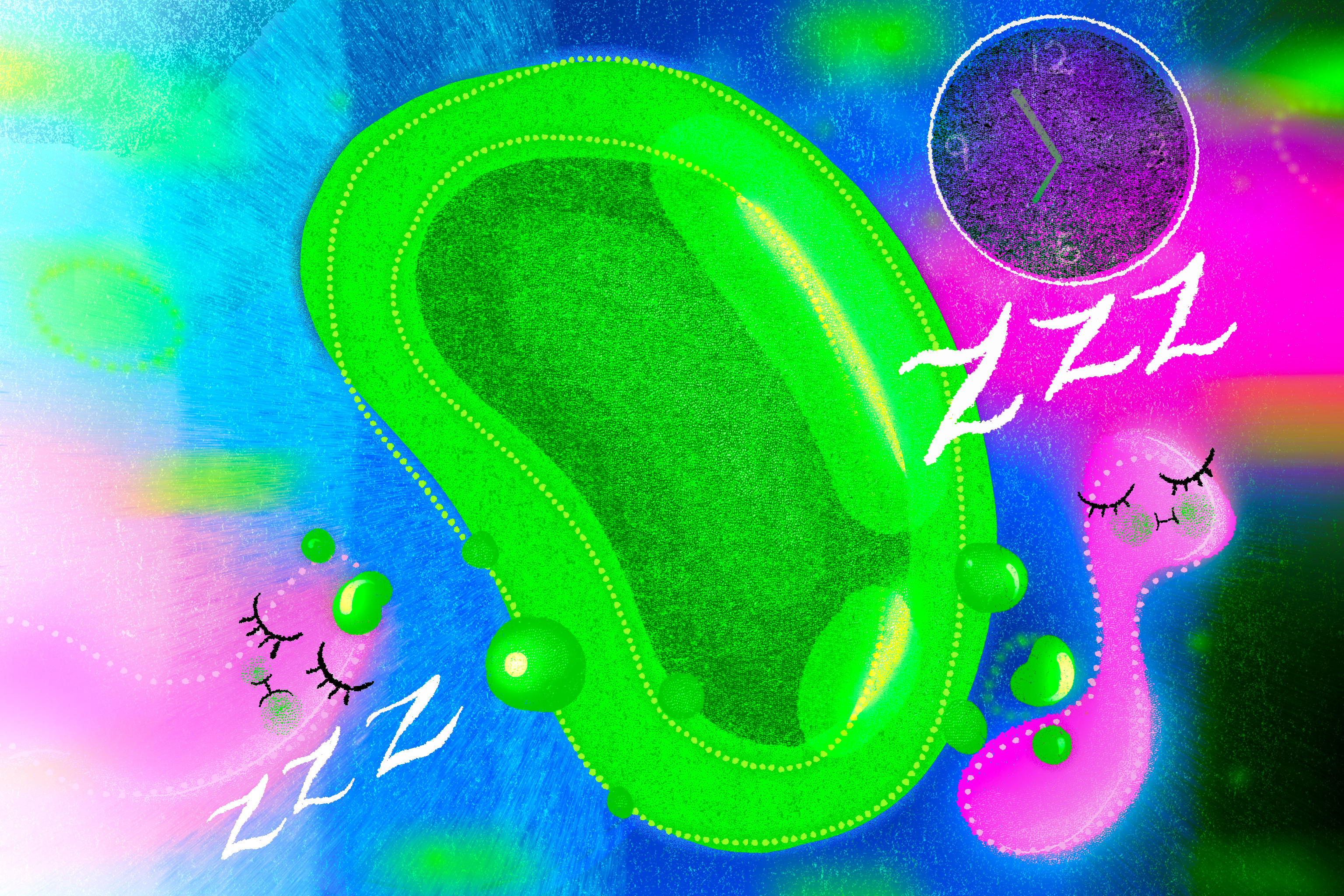Genomic sequencing reveals previously unknown genes that make microbes resistant to drugs and hard to kill
Scientists have described antimicrobial resistance as an overlooked pandemic. Improving surveillance can help prevent deadly outbreaks.
Nneka Vivian Iduu, Graduate Research Assistant in Pathobiology, Auburn University •
conversation
March 24, 2025 • ~8 min
March 24, 2025 • ~8 min
Microbes can colonize space, produce drugs and create energy − researchers are simulating their inner workings to harness how
Using digital blueprints of the metabolism of microbes, scientists can simulate expensive and time-intensive experiments set in space, power plants and farm fields.
Blaise Manga Enuh, Postdoctoral Research Associate in Microbial Genomics and Systems Biology, University of Wisconsin-Madison •
conversation
Jan. 6, 2025 • ~8 min
Jan. 6, 2025 • ~8 min
/
29










